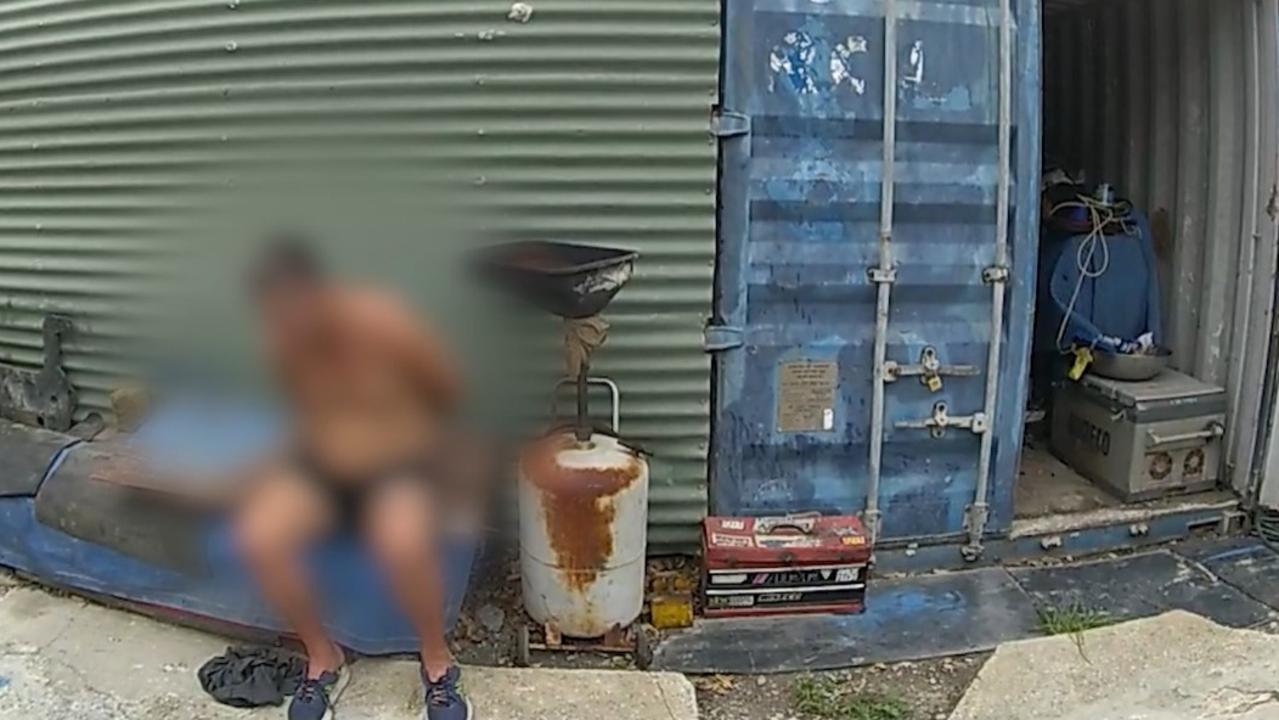Residents failing to cover costs
AS LIVING costs soar, the figures tell us we are doing well, but the figures lie.
Gympie
Don't miss out on the headlines from Gympie. Followed categories will be added to My News.
AS LIVING costs soar, the figures tell us we are doing well, but the figures lie.
Especially in noted low income areas, like Gympie's Wide Bay Region, a significant proportion of residents are struggling with bills like rent, food, electricity, gas and insurance.
According to welfare lobby group the Queensland Council of Social Service, low income and single wage families are doing it much tougher than our statisticians or political leaders realise.
“A basic standard of living is not achievable for many,” QCOSS says in its Cost of Living Report 2011, released yesterday.
And it is worse in the regions, the report says.
The lean reality experienced by many Queensland families is further hidden by cost of living indicators like the Consumer Price Index, which is distorted by static or falling prices for occasional or luxury purchases.
Essential goods and services have increased massively in price in the past five years, the lobby group claims.
From ground level, the widespread perception is that prices are rising rapidly, despite a CPI rise of only 3.3% in the past year.
The anomaly is caused by the fact that essential items are rising far faster than cars and electronic goods, which have stayed the same or dropped in price, bringing down the average.
While prices of TVs, computers and audio entertainment systems have dropped 5.2% in the past five years and cars have stayed the same, the report says basics have soared in price, with food up 23%, rent 35% and electricity, gas and water up 63%.
These are the goods and services on which low income families typically spend a large proportion of their income.
“It is clear that low income households in rural Queensland can be worse off because they face higher costs for many essential services,” the QCOSS report says.
A family of three with modest expenses and a $771 weekly income (parenting allowance and casual wages) is going backwards at $28 a week, even with cheap rent and below average electricity consumption.
An unemployed single on $237 Newstart and $39 rent assistance, spending only $23 on entertainment, loses $25 a week, even without any insurance or car.
A working family of four earning $1161 a week has $3 left after a budget that includes only $21 for education and $163 for transport.
Any mistake with budgeting or an unexpected expense forces hard choices, such as paying bills late and doing without some groceries.
It is, as QCOSS says, “a precarious existence”.
Originally published as Residents failing to cover costs


